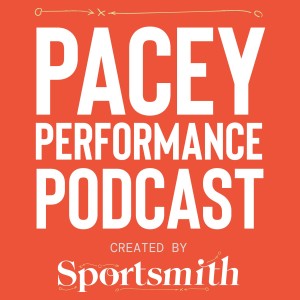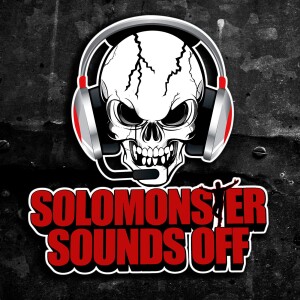

Understanding, diagnosing and preventing athletic hip and groin pain with Enda King
In this episode of the Pacey Performance Podcast, Rob welcomes back Enda King to discuss the complexities of athletic hip and groin pain. He explores the upcoming conference where Enda will present on leading hip and groin issues, delve into the challenges of diagnosing and managing these injuries, and discuss the importance of understanding the underlying causes of pain.
Enda shares insights from his role in Doha at Aspetar, focusing on clinical pathways and the evolution of rehabilitation practices. The conversation highlights the significance of a comprehensive assessment and the need for tailored rehabilitation strategies to effectively address groin pain in athletes. In this conversation, Enda discusses the complexities of managing groin pain in athletes, emphasizing the importance of understanding movement patterns and asymmetries. He outlines strategies for assessing and monitoring recovery, as well as injury prevention techniques. The discussion also touches on the evolution of rehabilitation practices and the trends observed in the field over the past five years.
Main talking points:
-
Diagnosis of groin pain is complicated due to variability in symptoms and anatomy
-
Hip and groin pain involves a combination of load, biomechanics, and anatomy
-
Surgical options for groin pain are limited and often unnecessary
-
Failed rehab often results from a narrow focus on pain rather than underlying issues
-
Effective rehabilitation requires identifying all contributing factors to pain
-
Assessment should include both strength and motor control evaluations
-
Asymmetry in movement is crucial for injury assessment
-
Pain provocation tests are key indicators of RTP progress
-
Rotational abdominal work is vital for injury prevention
-
Understanding human movement as a skill is essential
More Episodes
All Episodes>>Create Your Podcast In Minutes
- Full-featured podcast site
- Unlimited storage and bandwidth
- Comprehensive podcast stats
- Distribute to Apple Podcasts, Spotify, and more
- Make money with your podcast










